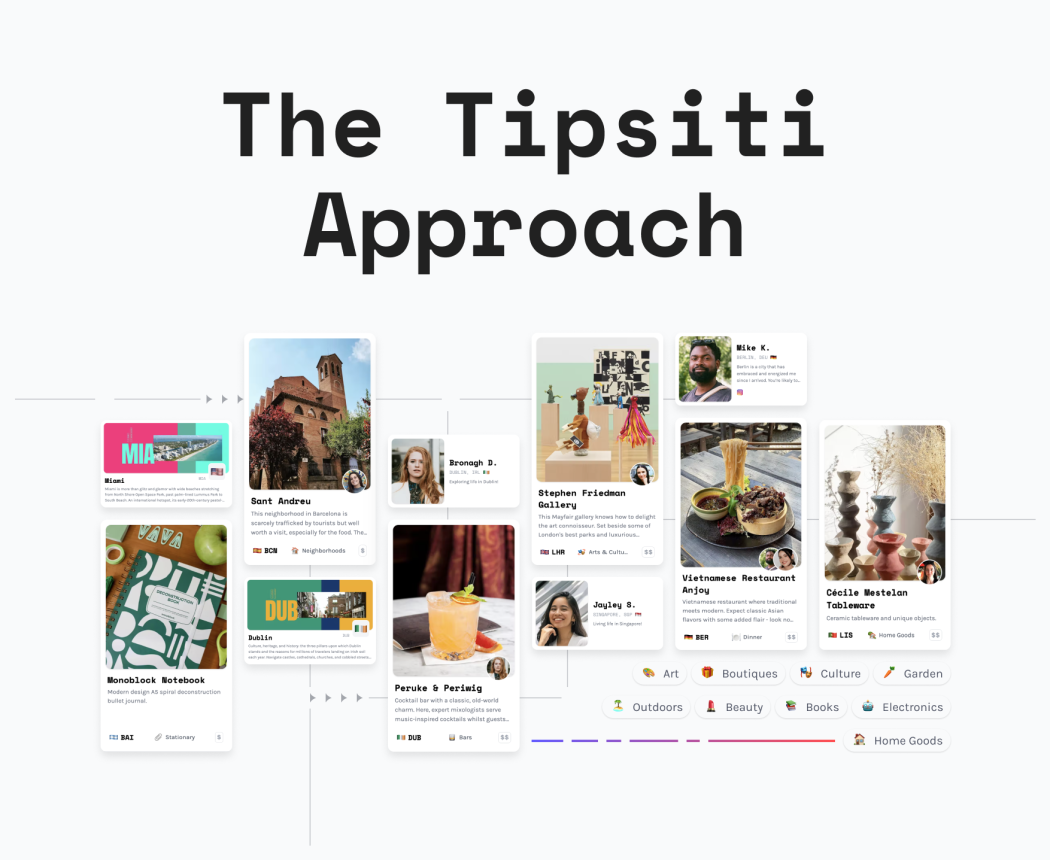How Feedback Loops Enhance Hotel Experiences
The key to hospitality success lies not only in providing exceptional service but also in actively seeking and utilizing feedback. A well-structured feedback loop is the cornerstone of this approach, enabling hotels, hostels, and other services to gain valuable insights into their operations and target market. Deploying a feedback loop also gives guests more control over their hospitality experience, encouraging increased satisfaction and loyalty.
Understanding the Feedback Loop
In the context of the hospitality industry, a feedback loop refers to the systematic process of collecting, analyzing, and acting upon feedback from guests and the front desk staff. This loop creates a continuous cycle of improvement and fosters a culture of adaptability. Hospitality businesses can then continually monitor the impact on guest satisfaction. The process repeats as new feedback is gathered.
Why the Feedback Loop is Important
Hotel guest satisfaction is paramount, with better experiences promoting customer loyalty and fostering a positive business reputation. Conversely, negative guest experiences can lead to negative public reviews that damage that hard-earned reputation. With guests and the hotel reliant on each other, the feedback loop becomes an invaluable conduit for optimized hospitality.
Refining Methodology through Feedback
The feedback loop is a dynamic tool that enables hotels to refine their methodologies and operational practices.
Foremost, hotels can use guest feedback to identify operational gaps and enhance various aspects of their service. For example, if multiple guests mention slow check-in times, the hotel can examine its check-in procedures and make necessary adjustments to streamline the process. Feedback can show the value of optimizing pre-arrival communication or adopting contactless check-in procedures.
Feedback also plays a crucial role in staff training programs. Constructive feedback from both guests and front desk staff provides insight into staff performance and happiness. Hotels can use this information to tailor training programs, ensuring employees have the skills and knowledge to meet guest expectations. Happy workers are also 13% more productive – a further impetus for gathering staff feedback.
Additionally, feedback helps hotels optimize their service offerings to align with guest desires, creating a more tailored and personalized experience. Whether this pertains to expanding existing facilities or dissolving unpopular ones, hostels can use this information to improve profitability and revenue.
Incorporating technology is another area where consumer surveys prove invaluable. Guest feedback highlights areas where technology can enhance the guest experience, such as contactless check-in processes or room automation systems.
Understanding the Target Market
In addition to refining methodologies, a well-established feedback loop offers valuable insights into a hotel's target market.
Targetted feedback can provide a deeper understanding of the diverse needs and preferences of different guest demographics. Additionally, feedback data can highlight emerging market trends and shifts in guest preferences. For example, increasing requests for eco-friendly amenities provide a hotel with actionable information to facilitate guest desires. Simply, hotels can adjust their practices to align with these evolving trends.
Feedback for Best Practice
Ultimately, the feedback loop is a powerful tool that empowers hotels to continually refine their methodologies, optimize operations, and better understand their target market. By actively seeking and acting upon feedback from both guests and front desk staff, hotels can adapt to changing trends, exceed guest expectations, and maintain a competitive edge. In doing so, they enhance their reputation while creating lasting relationships with guests who appreciate the commitment to continuous improvement. Embracing the feedback loop is not just a best practice; it's a strategic imperative for any hotel aspiring to thrive in today's competitive landscape.
The Tipsiti Approach 🔗
Hospitality guests expect personalization. The evidence is overwhelming, with over 70% of guests expecting a degree of personalization from the brands and businesses they interact with. Moreover, the quality of service and commitment to customization are deciding factors for 78% of travelers when booking a hotel. Accommodations must adapt to succeed.
Tipsiti’s digital concierge service meets the demands of travelers voiced through these feedback loops. We understand that delivering personalized hospitality is paramount. With our extensive directory of expert-vetted travel recommendations, your guests have more control over their experience than ever before. Through an intuitive system of categories and filters, your guests can browse reliable travel advice specific to their needs and preferences. These services target customer satisfaction to maximize guest loyalty and your business’ reputation.
Delivering more personalized hospitality can also mean increased pressure on staff and increased workloads. Tipsiti mitigates these fears. As guests visit your front desk in search of expert and curated travel advice, your team can personably direct them to Tipsiti’s on-demand web app to see localized recommendations tailored to their interests.
Tipsiti is a catalyst for personalized hospitality and elevated guest experiences.
